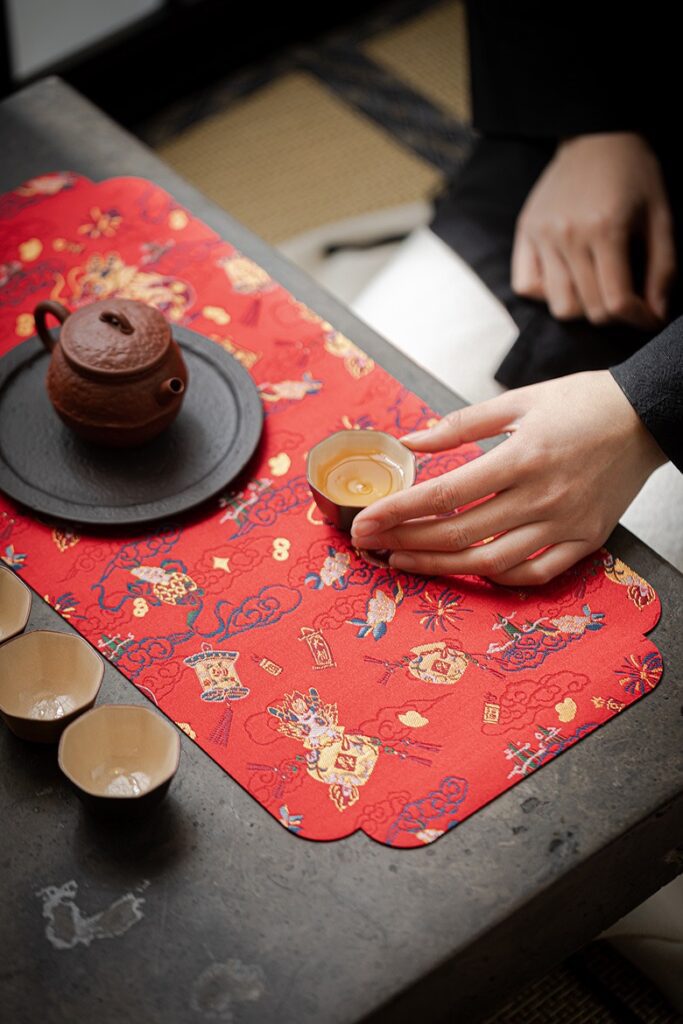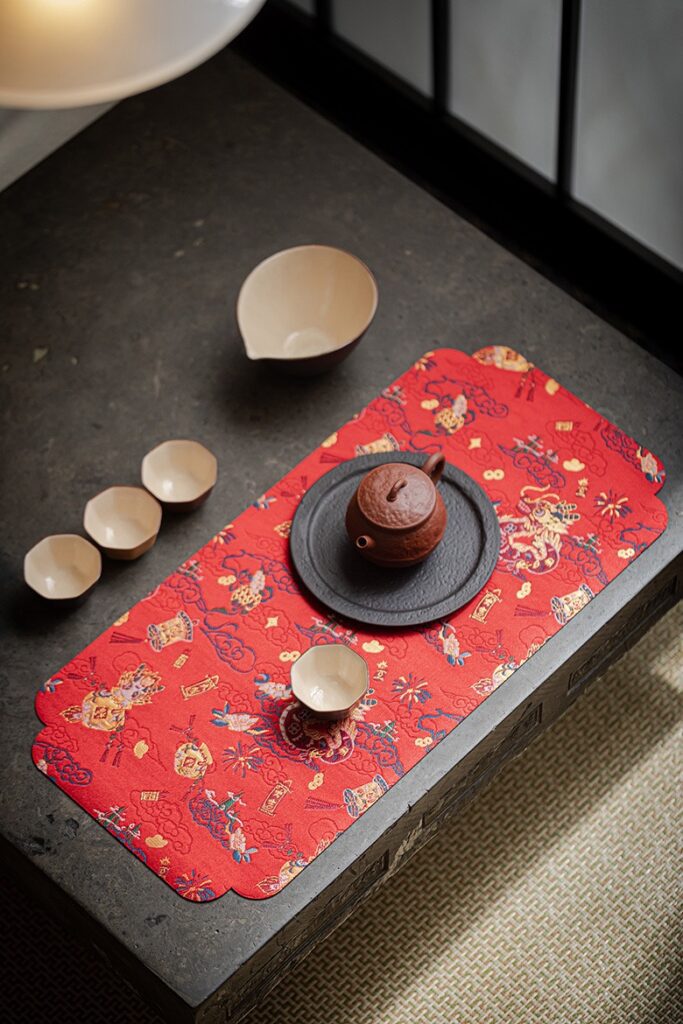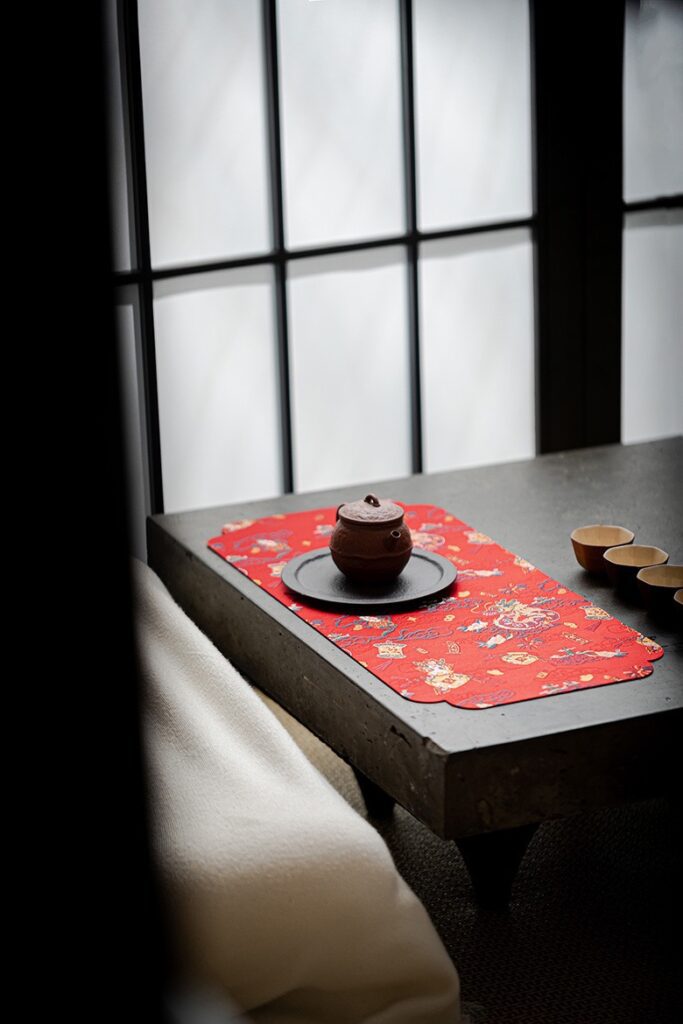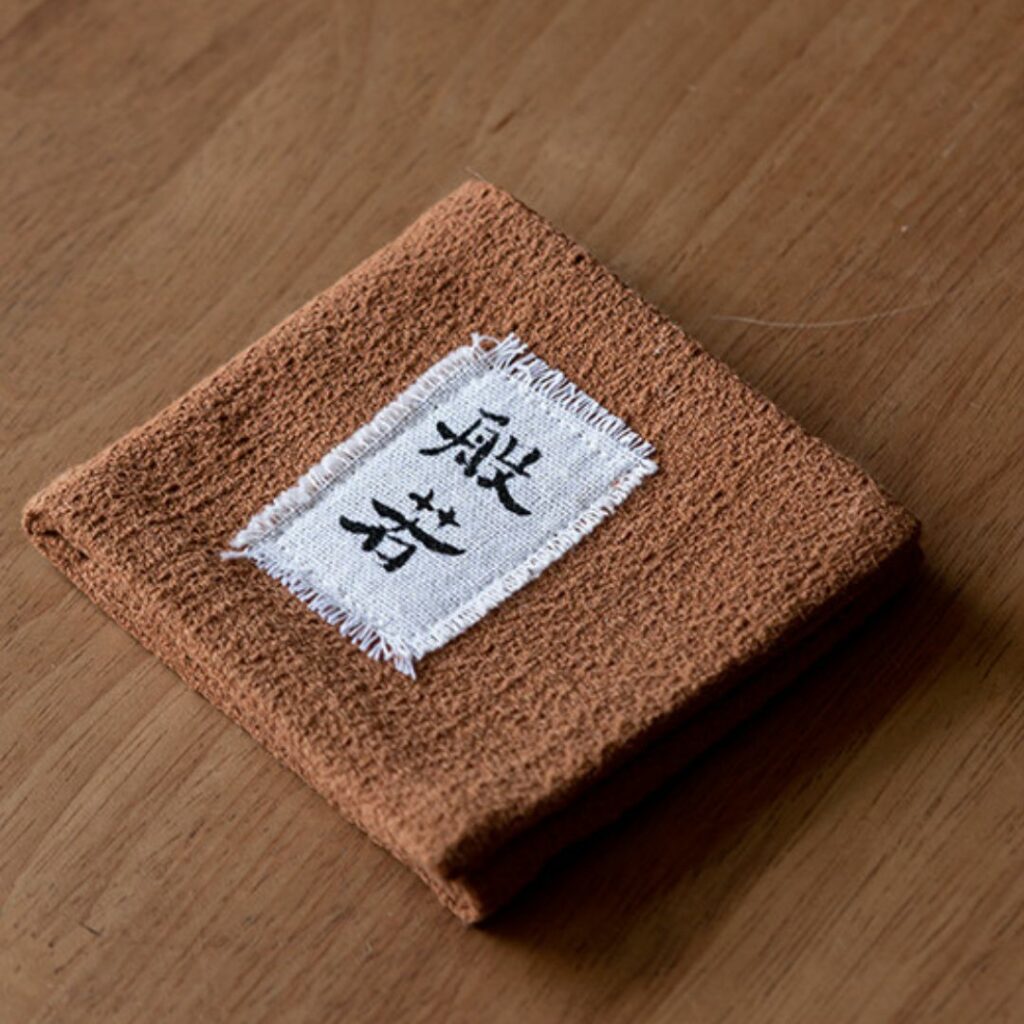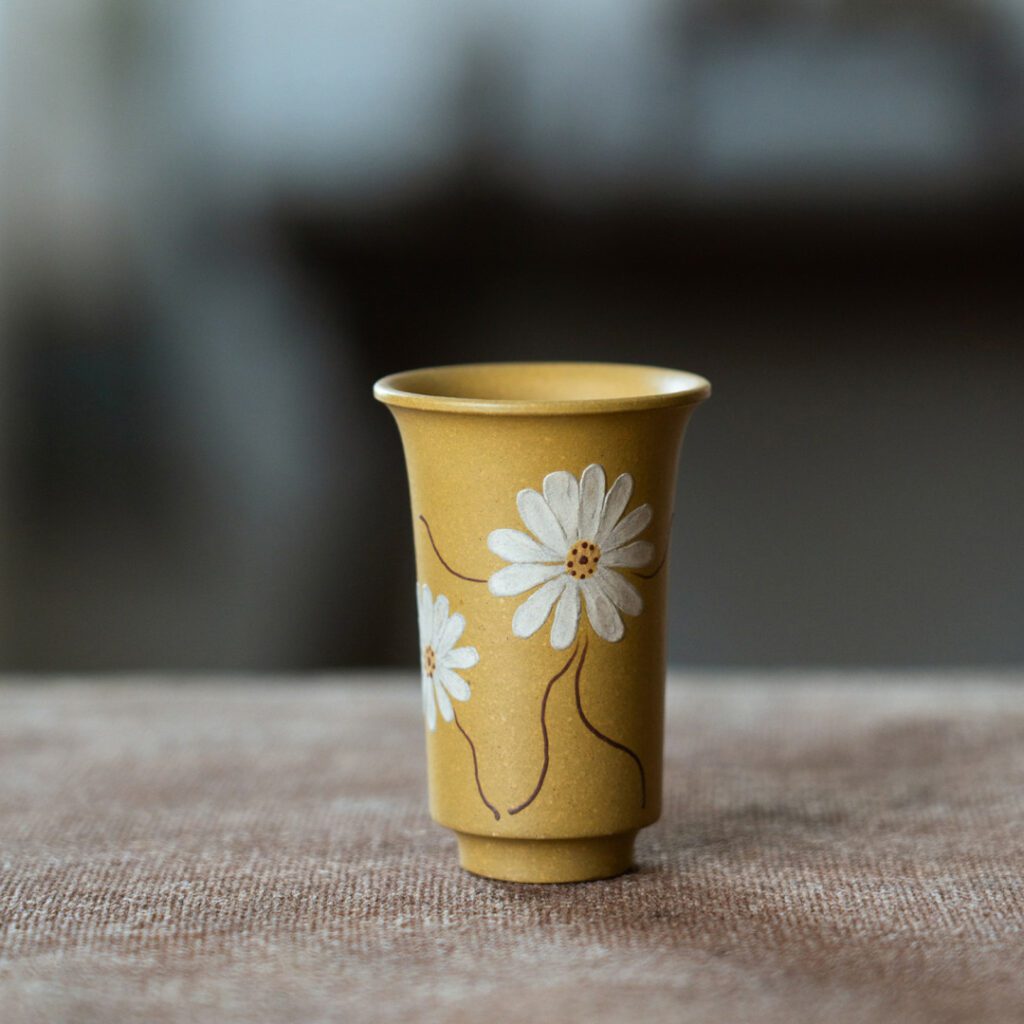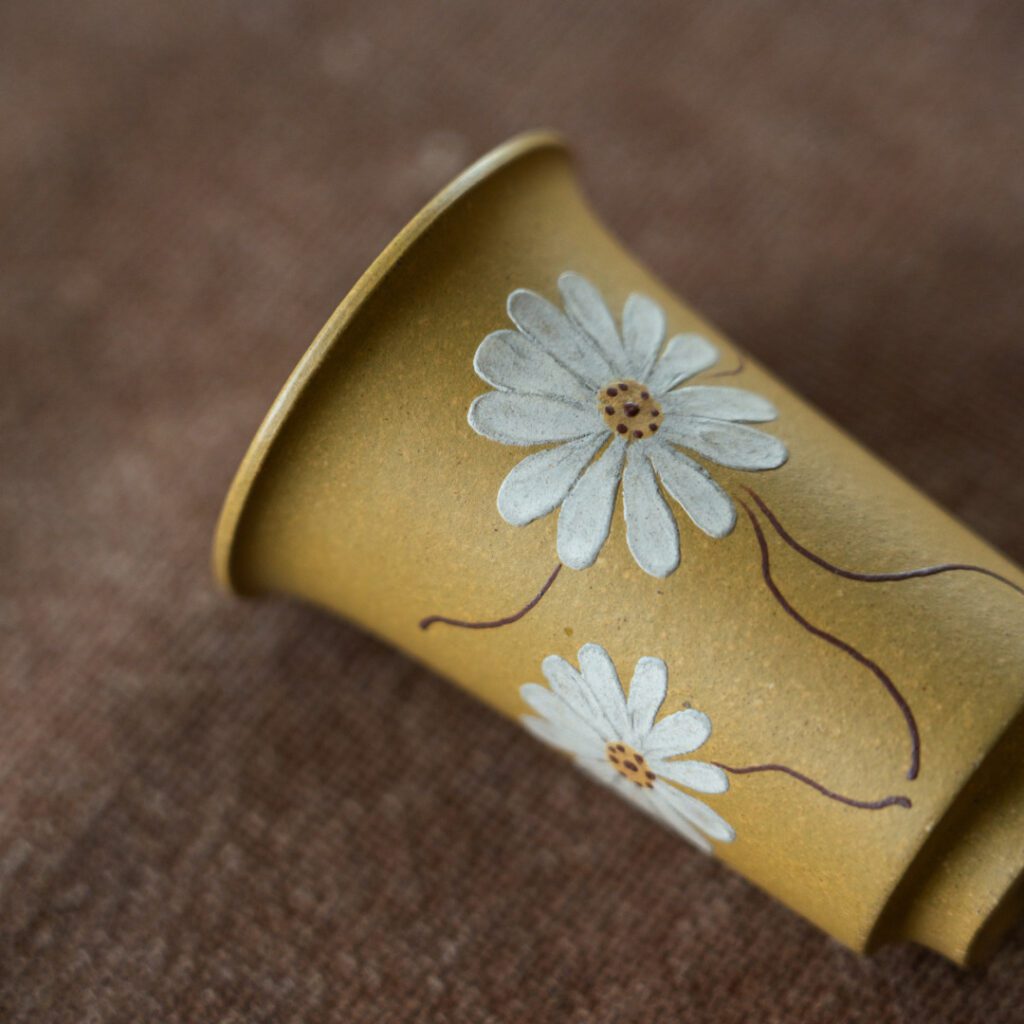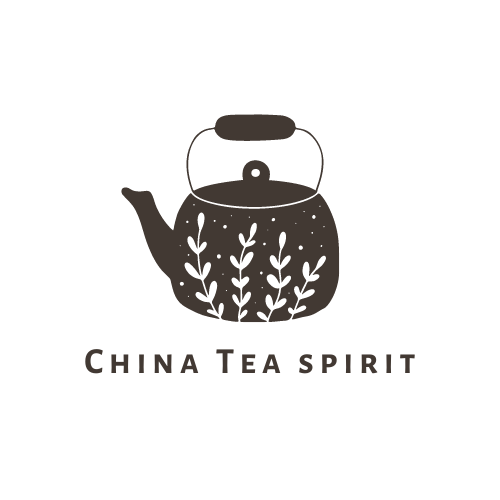Shipping resumes Feb 24 (CNY break). 10% off code: CTSCNY10.
Tea vs Coffee: Which Keeps You Younger? Science Has Answers
Tea and coffee aren’t just beloved pick-me-ups — they’re also ranked among the world’s top three healthiest non-alcoholic beverages. Both contain caffeine, the natural stimulant that helps us feel alert. But when it comes to slowing down aging, which one does a better job?
The latest research suggests it’s not a competition. Tea and coffee each bring their own anti-aging benefits, and when combined, the effect may be even stronger.
The Science of Aging
Aging happens because of cumulative cell damage. Two key mechanisms drive this process:
Oxidative stress: Excess free radicals — unstable molecules that damage proteins and DNA — accelerate cellular aging. Weakened autophagy: As we age, the body’s ability to “self-clean” declines, leading to the buildup of damaged cells, inflammation, and loss of function.
Both tea and coffee contain active compounds that target these pathways, though in different ways.
How Tea Fights Aging
Tea’s anti-aging power lies in tea polyphenols, potent antioxidants with a “double defense” effect:
Neutralizing free radicals – They donate protons to eliminate harmful free radicals before they damage cells. Strengthening the body’s defenses – They boost natural antioxidant systems, adding an extra layer of protection.
📌 Best intake: Studies suggest about 3 cups of tea per day (roughly 6–8 grams of tea leaves) shows the clearest benefits.
Regular tea drinkers have been shown to age more slowly on a biological level, with lower oxidative stress markers, better skin elasticity, and slower cognitive decline.
How Coffee Fights Aging
Coffee’s anti-aging advantage comes mainly from chlorogenic acid, a compound with brain-protective effects:
It crosses the blood–brain barrier, activating autophagy in brain cells. This helps clear out damaged proteins and aging cells, keeping the brain sharper for longer.
📌 Best intake: About 2–3 cups of black coffee per day (200–300 ml each, without sugar or milk).
Large-scale studies have linked regular coffee drinking to reduced risk of cognitive decline, Alzheimer’s disease, and even slower visible skin aging.
Tea + Coffee: The Best of Both Worlds
The real magic may happen when tea and coffee are enjoyed together.
A study of nearly half a million participants found that drinking 1–2 cups of coffee plus 2–4 cups of tea daily reduced overall mortality by 22%. Combined intake was also linked to lower risks of osteoporosis, stroke, vascular dementia, and cardiovascular disease. In short: tea protects cells broadly, while coffee keeps the brain and metabolism young — together they offer a powerful one-two punch.
Bottom Line
If you’re choosing between tea and coffee for healthy aging, the good news is you don’t have to.
Tea: Stronger systemic antioxidant and anti-inflammatory effects. Coffee: More brain-focused anti-aging benefits. Together: Synergistic effects, lowering disease risks and boosting longevity.
So instead of stressing over which to drink, enjoy both in moderation — and let your taste buds decide when it’s a tea day or a coffee day.
